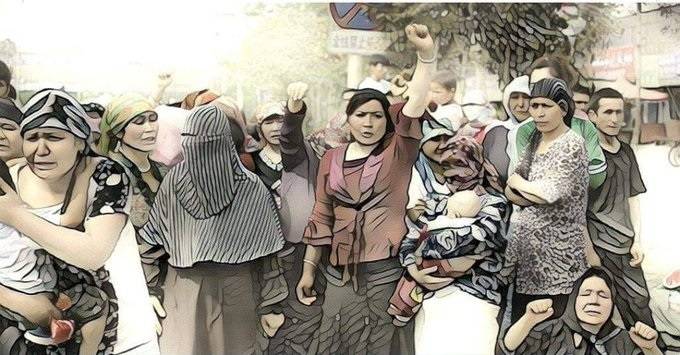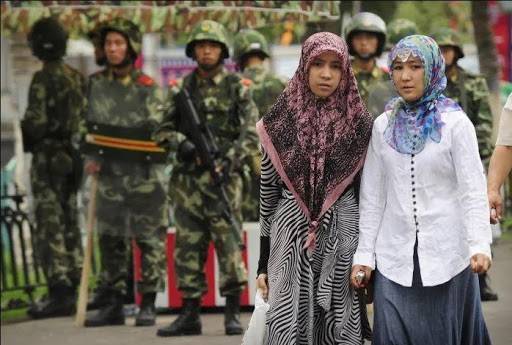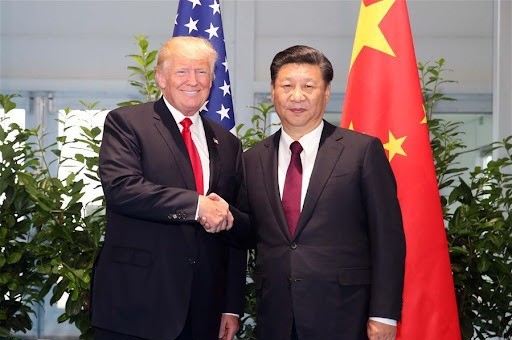Compared with the previous census in 2010, the Han population in the autonomous region grew by 25 per cent, while the Uyghur population grew by 16 per cent….reports Asian Lite News
The Han population in China’s western region of Xinjiang grew faster than the ethnic minority Uyghur population over the last decade, according to a report in South China Morning Post.
Most of the Han population growth came from migration from other parts of the country, the Xinjiang government said in a summary of the results of the 2020 national census released on Monday.
Compared with the previous census in 2010, the Han population in the autonomous region grew by 25 per cent, while the Uyghur population grew by 16 per cent.
Xinjiang’s population increased to 25.85 million in 2020, of which 11.62 million were members of the Uyghur ethnic minority and 10.92 million were Han. The government did not specify the ethnicity of the remainder of the population, SCMP reported.
However, the regional government said the census results prompted it to revise down the Uyghur population data by between 170,000 and 482,000 people annually for 2011-2019.
James Leibold, a professor at Australia’s La Trobe University who researches ethnic conflict in contemporary China, said the growth of the Han population largely through migration pointed to a broader Beijing policy.

ALSO READ: Villagers facing widening income inequality in China
“That really confirms the strategy of Beijing to ‘optimise’, in their words, the population structure of Xinjiang, which involves the constriction of the Uyghur population as well as increasing the size of the Han population, as well as readjusting where those population groups live,” SCMP quoted Leibold as saying.
According to SCMP, Human rights groups and a United Nations panel estimate at least 1 million members of the Uyghur and other minorities have been detained in Xinjiang, and subjected to political indoctrination, torture and forced labour.
China has repeatedly denied the allegations and said its policies in Xinjiang are to counter terrorism and extremism and fight poverty.
The census also showed the natural population growth rate for Xinjiang fell from 11.4 per thousand in 2017, to 6.13 per thousand in 2018 and 3.69 per thousand in 2019.
Xinjiang’s government claimed that this reduction in population growth rate was due to economic development in southern Xinjiang, where most Uyghurs live, and ethnic minorities choosing to get married later and having fewer children. (ANI)
ALSO READ: G7 to counter China in Indo-Pacific













